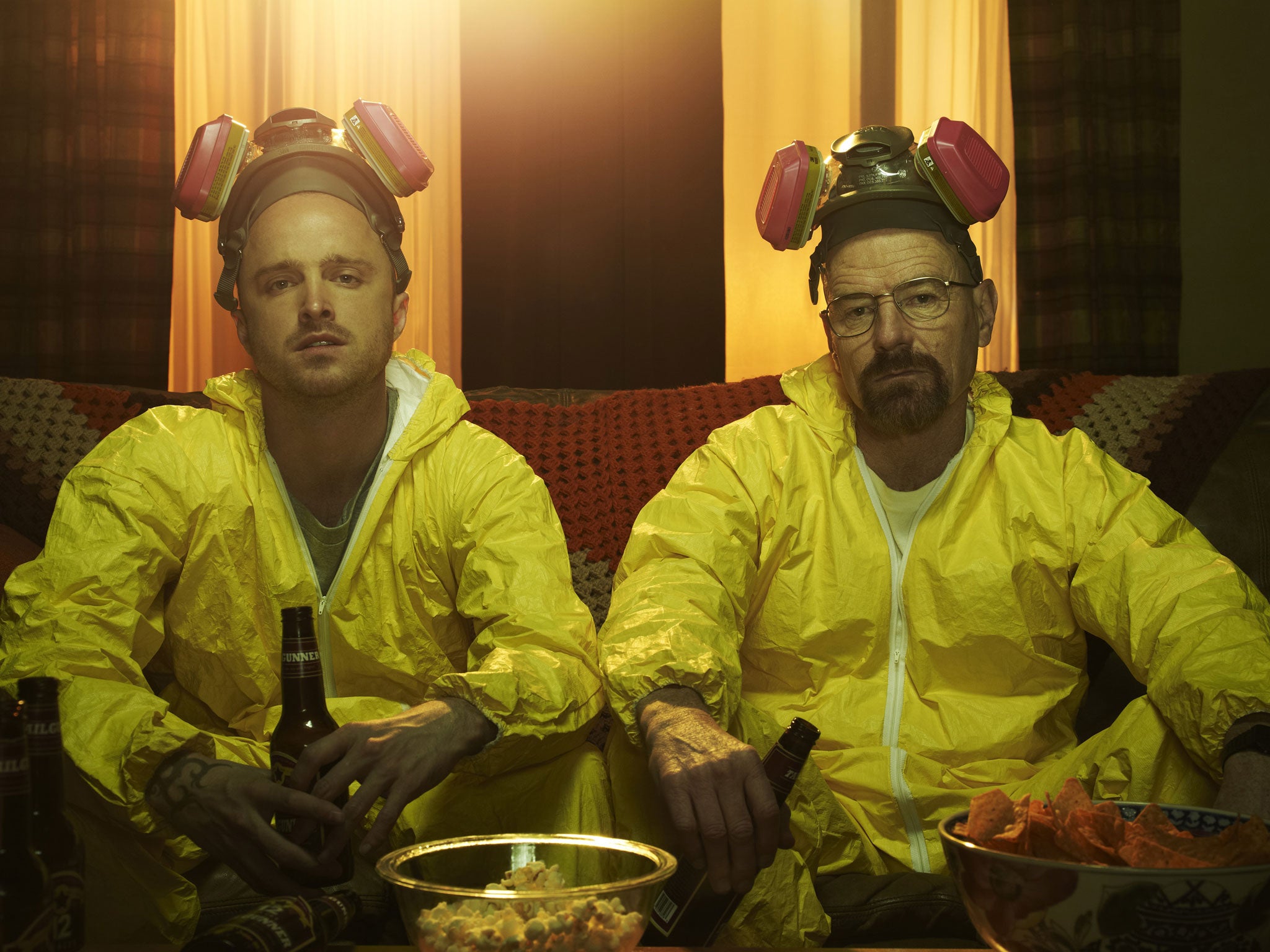Never mind on-demand and box sets, we still love to talk about a TV cliffhanger
When it comes to a truly popular, talked-about TV moment - the old rules still apply


During a splendid half-hour interview with the novelist Margaret Atwood on the BBC News Channel this week, the interviewer asked something about the way the writer had ended her latest novel. Ms Atwood’s eyes widened and her friendly gaze became menacing. “You’re not going to talk about the ending!” she half asked, half demanded, incredulously.
Sadly, talking about endings has become all the rage. Critics in all art-forms increasingly take a perverse delight in revealing the dénouement. When I read, as I often do, “I will say nothing about the startling coup de théâtre/plot twist, unsettling climax, except to say…” I always stop reading, knowing that the “except to say” will say too much.
And then there is the case of the cult TV programme, the programme that really does make it to the water-cooler, the programme that demands coverage of its last night as much, if not more, than its first night. This week that programme has been the brilliant American comedy-drama Breaking Bad. I’m a bit tardy with Breaking Bad, so have invested in the box set and have not yet reached the final episodes. So I tried (God, how I tried) to avoid the reviews, stories, features, cartoons, that flung the dénouement in my face. I never dreamt quite how difficult that would be.
I would read a report of the Conservative Party Conference, I thought, there at least I would be safe. But, no. Political sketchwriters and columnists seeking popular-culture metaphors for some arcane aspect of Tory policy turned to Breaking Bad and its dénouement or the final stages. Nowhere, from the travel pages to the sports pages, from football to cookery, even “Thought for the Day”, has been safe. And, as I contemplate my expensive box set about which I now know far too much, I do begin to ponder on the fact that the way we consume and comment on popular TV remains more traditional than we think.
This is the age, we are told again and again, when we watch TV on computer, on “catch-up”, or on box sets, or Sky-Plussed, any old way but on the night of transmission. And that clearly is the case with any number of TV series. But when it comes to a truly popular, talked-about TV moment, then the old rules still apply. It will be reviewed, it will be discussed at the water-cooler, it will be the subject of any number of passing comments on the week of its broadcast. Put a recording of it away for a rainy day or a cold winter’s night, and your enjoyment will be, if not ruined, then certainly tarnished.
And, despite my doleful gazes to that expensive box set, I feel somehow pleased that in a multi-channel, catch-up, box-set, download environment, the communal thrill of a shared climax to a TV series remains.
Helen Fielding’s life would look big in a book
I’m a big fan of Bridget Jones and its author Helen Fielding, and have been since the column first appeared on the pages of the Independent in the Nineties, when Helen Fielding worked for the company. What may have been forgotten in the intervening years when Bridget became a bestseller then two hugely popular films, is that the column started as a quirky experiment and wasn’t even at the top of a page. One had to look downpage in the old broadsheet format to find it. I don’t know if the author plans any more Bridget Jones books after the one that is about to be published, but if not then I’d like to see if a Helen Fielding autobiography.
Tales of her early friendship with Richard Curtis, working for charity in Africa, then creating a national heroine, finding completely unexpected fame and fortune, falling out with feminist critics, going to live in California, getting married, having the marriage break up, returning to London as a single mother… I suspect it has been a life just as interesting as that of her famous creation.
A sheepish rekindling of Shakespearean romance
Greg Doran, artistic director of the Royal Shakespeare Company, has announced that the RSC is developing a three-year relationship with the Barbican Centre in London, during which time it will use its theatre. This is the theatre which was the RSC’s home for 20 years from 1982, but which it walked out on 11 years ago. Mr Doran says that the RSC and the Barbican are “dating” and “not announcing wedding plans”. It feels more to me like a curmudgeonly husband who left his wife then realised that he couldn’t find anyone better and went back with his tail between his legs, begging to be let back into the marital home. “Dating” is altogether a too romantic way of looking at it.

Join our commenting forum
Join thought-provoking conversations, follow other Independent readers and see their replies